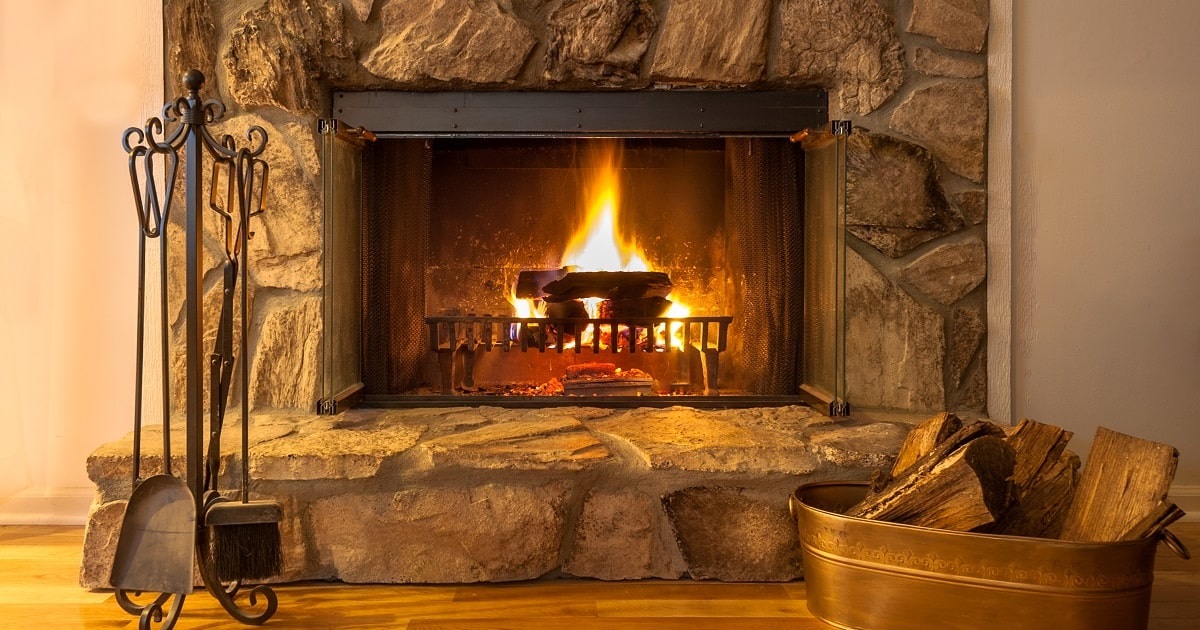Summary: Fireplaces cause thousands of burn injuries every year. Find out what safety tips apartment and condominium associations should promote to residents to help prevent burns from fireplaces and wood stoves.
By John Lysy
According to the
National Fire Protection Association (NFPA), heating equipment is the second leading cause of fires in U.S. homes. Fire departments respond to an estimated 48,530 fires every year. These fires resulted in 500 deaths, 1,350 injuries and $1.1 billion in direct property damage. The NFPA created its
Public Education Page to provide heating safety tips to the general public.
AmTrust’s
Loss Control Department recommends providing these tips to all new apartment and condominium residents, especially where units have stoves or fireplaces. Building owners, property managers or housing associations should also provide the warning and instruction pages from the equipment's owner’s manuals. These fireplace safety tips are also useful to publish in resident newsletters ahead of the heating season.
Wood stoves and fireplaces provide welcome heat during the cold weather seasons, but they can also create dangers as they operate and reach incredibly high temperatures.
Heating Safety Tips to Prevent Burns from Fireplaces and Stoves

- Keep combustibles, including clothing, furniture, draperies, etc., at least 36-inches away from fireplaces or stoves unless the appliance is listed for lesser clearances. Ensure materials are secured from falling, blowing or moving closer to the heat source.
- Keep the equipment's remote controls out of the reach of children.
- Always follow instructions from the manufacturer’s owner’s manual.
- Have units inspected and serviced at least annually by a qualified and properly insured technician.
- Remind residents to report all concerns, operating issues and malfunctions.

Remember, fireplaces stay hot for a while after being turned off, even when flames are not visible. To help prevent fireplace burns:
- Install secure, sturdy and stable barriers that cannot be moved, pushed or pulled to prevent children from coming in contact with hot surfaces.
- Install secure protective safety screens on all appliances. Make sure you have the protective screen specific to the unit to reduce potential fireplace burns. You may need to contact the manufacturer or pick up a new or retrofited screen for a nominal cost.
- Always supervise children, the aged and pets around operating and hot units.
- Educate family and guests that glass on fireplaces, stoves or inserts can be very hot, even if no flame is visible. The glass and metal surfaces, frame and grilles can all cause significant burns; fireplace glass can reach 500 degrees or more, and hundreds of children are seriously burned each year.
- Remember, it can take an hour or more for a fireplace or wood stove to cool down.
The Hearth, Patio and Barbecue Association offers a
helpful video about Glass Fireplace and Stove safety.

Loss Control Services from AmTrust Financial
AmTrust Financial’s
Loss Control department understands that knowledge is key to safety. One of our top business classes is
building operations, including apartment buildings and complexes. We provide a variety of
industry resources, plus the expertise and tools our policyholders need to reduce risk. For more information about our loss control capabilities, please
contact us today.
John Lysy has over 40 years of loss control experience and holds designations of Certified Safety Professional, Certified Fire Protection Consultant, Associate in Risk Management, Occupational Health and Safety Technician and Certified Risk Professional – Property. John is especially passionate about protecting children from preventable harm. This material is for informational purposes only and is not legal or business advice. Neither AmTrust Financial Services, Inc. nor any of its subsidiaries or affiliates represents or warrants that the information contained herein is appropriate or suitable for any specific business or legal purpose. Readers seeking resolution of specific questions should consult their business and/or legal advisors. Coverages may vary by location. Contact your local RSM for more information.